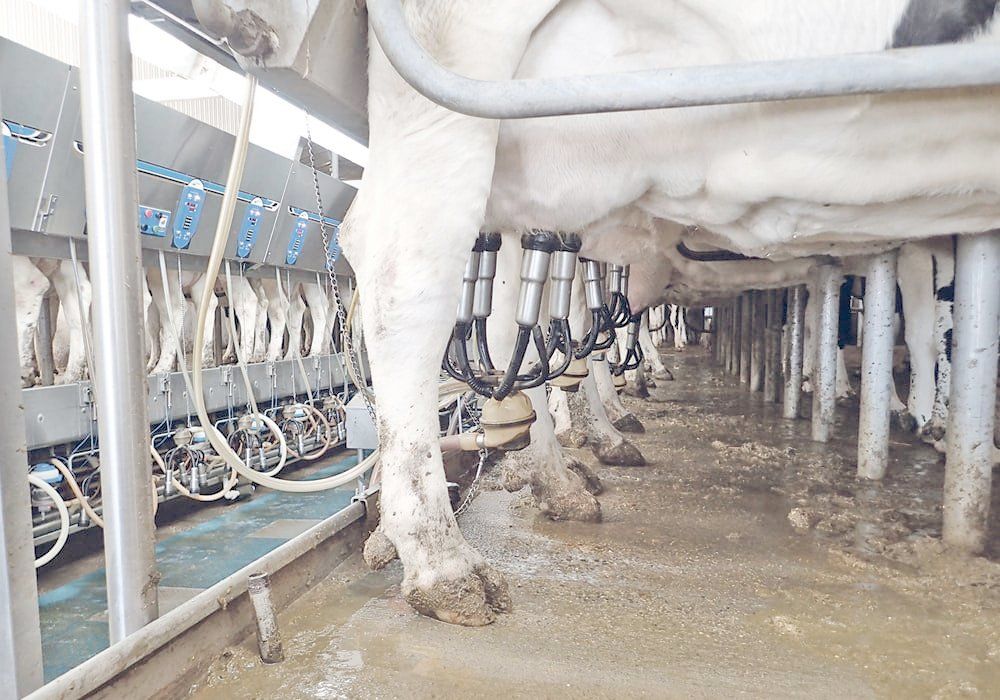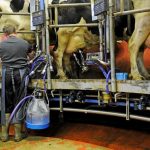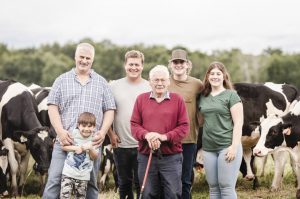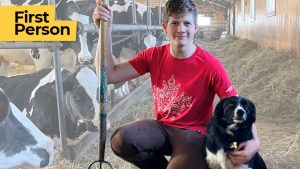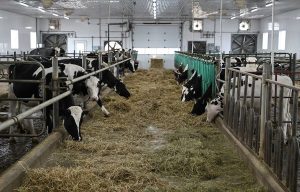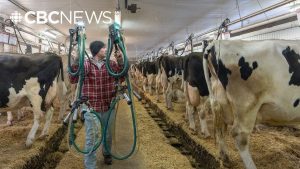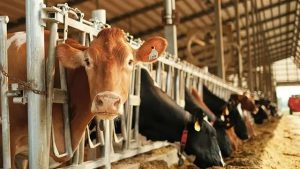
People not only have more options to choose from, they also want to “know more about what’s in their food and how it’s produced,” said Jacques Lefebvre, chief executive officer of the Dairy Farmers of Canada.
“Millennials and Gen Zs want to see their own values reflected by the brands they support and need to have that reassurance that their food is being responsibly produced.”
He spoke at the recent online annual general meeting of Alberta Milk, which was attended by about 114 people. Animal care is an issue that is a “hot topic these days,” he said.
Cedar Valley Farms in Abbotsford, B.C., attracted national media attention after a video was submitted to the B.C. SPCA that allegedly included cows being beaten by objects such as wrenches.
Its dairy licence was conditionally reinstated by the B.C. Milk Marketing Board after being suspended Oct. 27 for what the board called multiple violations of the Code of Practice for the Care and Handling of Dairy Cattle.
Lefebvre said DFC is active on the National Farm Animal Care Council, which is overseeing public consultation on the code. The public comment period for the draft update to the code will last 60 days starting Nov. 29.
“As you know, recent events have galvanized the anti-dairy activists and we expect they will be very involved in providing their views in the consultation,” he told farmers at the Alberta Milk meeting. “This is why we’ll need each and every one of you to be engaged.”
DFC also established a sustainability working group earlier this year.
“Based on its work, our board will soon consider robust yet realistic sustainability objectives and targets for our industry. This will send a clear message that when it comes to environmental stewardship, dairy farmers mean business.”
There is also a strong emphasis on climate change mitigation in the DFC’s next five-year research strategy, said Lefebvre.
“First, we want to educate consumers, in particular millennials and Gen Zs, but also decision makers. We want to educate them on the good work that has and continues to happen on your farms.
“Second, we’re addressing our plan to continue to contribute to efforts in supporting sustainability. And finally, we’re working to debunk the myths and misconceptions about dairy, and we’re doing it head on.”
Lefebvre also highlighted the DFC’s expert working group on butter, which is looking at the use of cattle feed supplements containing palm byproducts.
Media coverage early this year outlined how butter was potentially becoming harder to melt due to such supplements.
“Given the concerns raised by consumers, this was an important step to maintain public confidence in the dairy sector,” he said.
“The working group will be publishing its final report in the near future, which could prompt some renewed public interest in this issue, and I want you to be rest assured that we’re prepared for it.”
